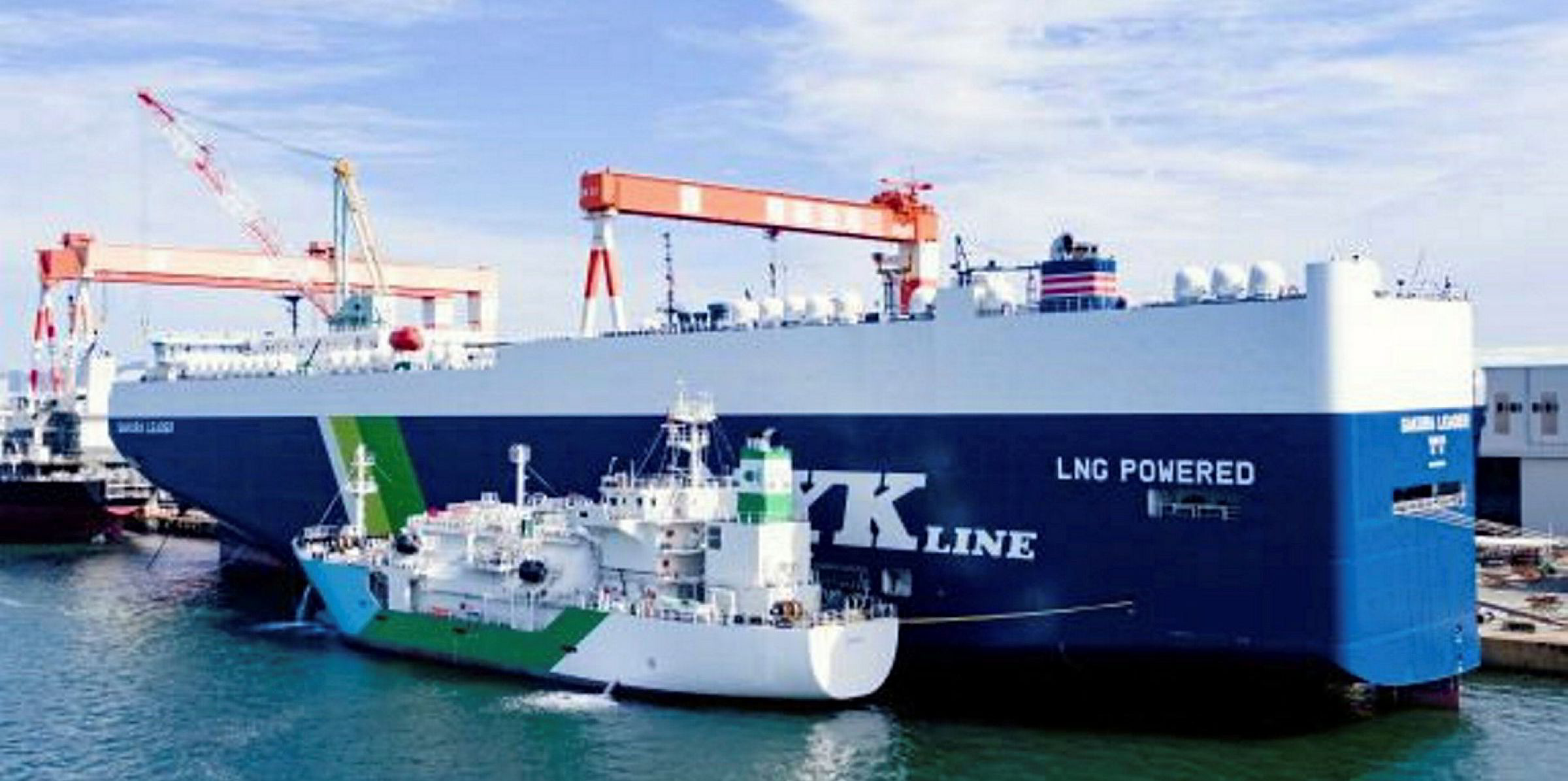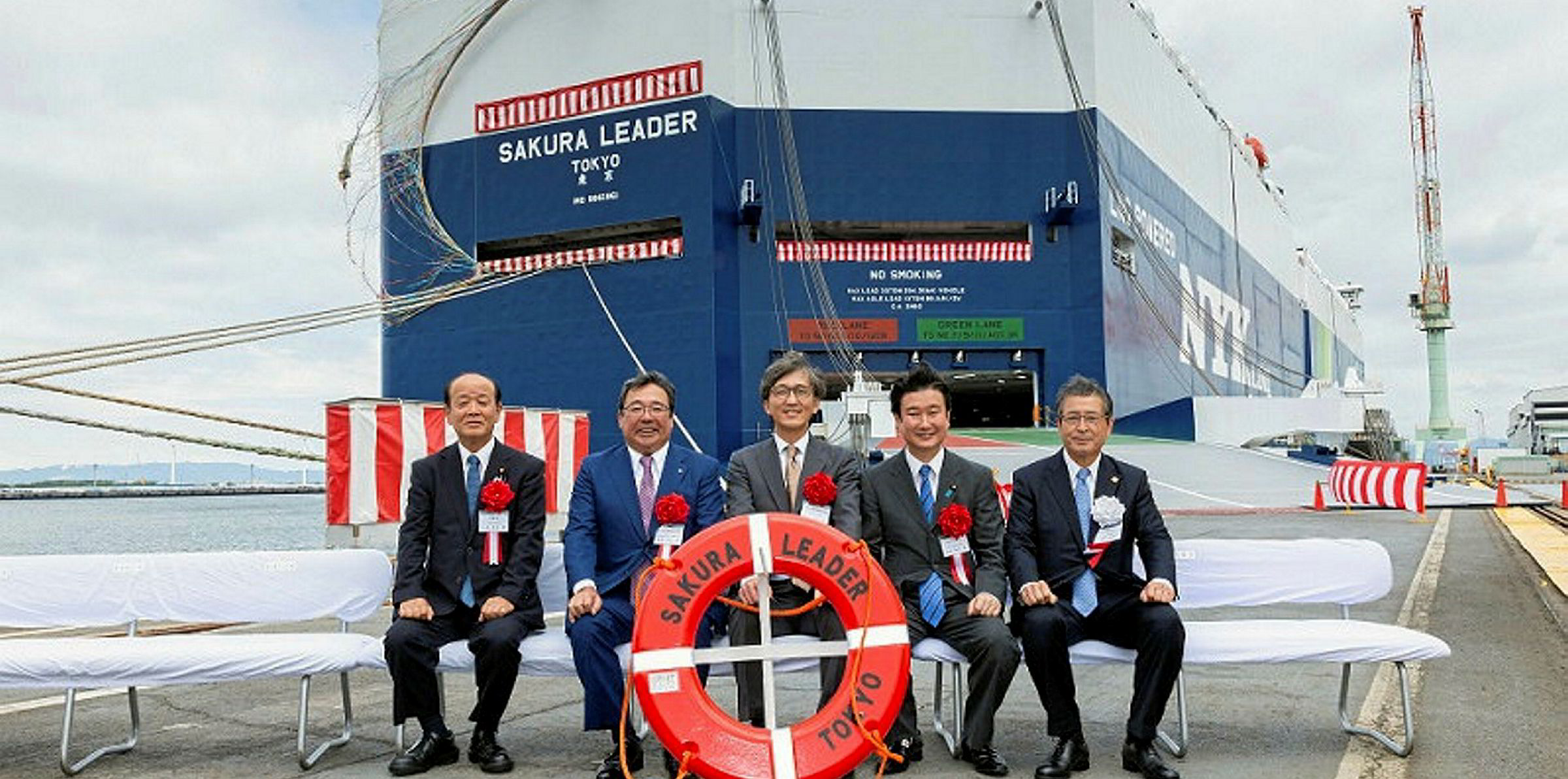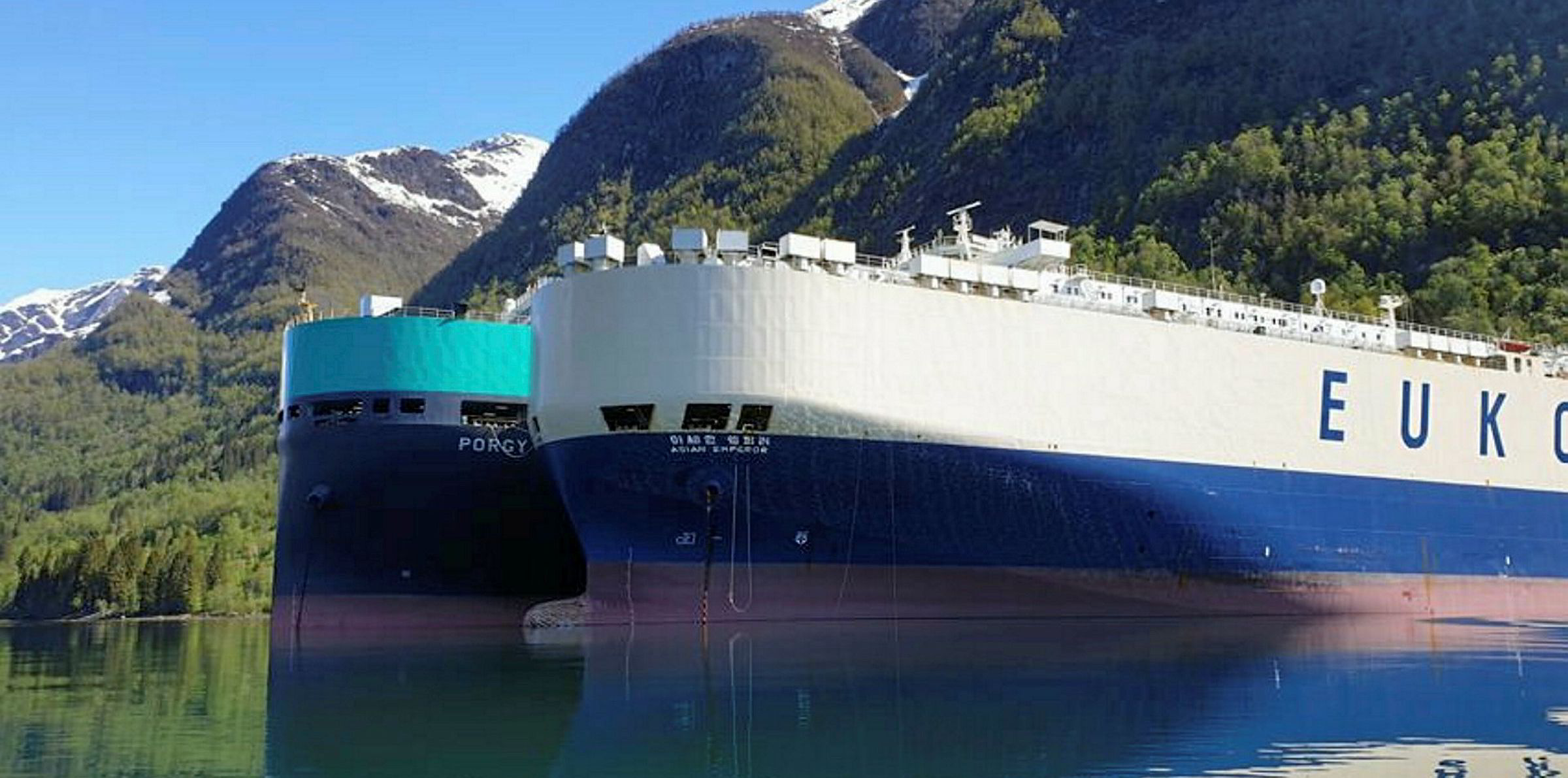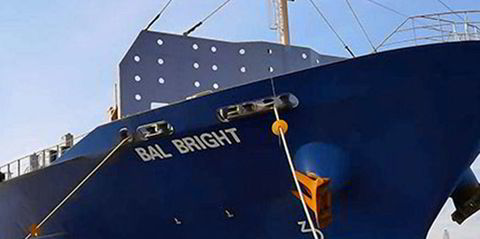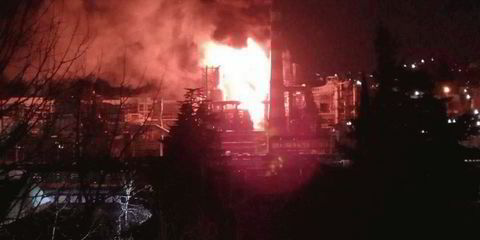The coronavirus crisis and environmental constraints have led to a steep increase in the number of pure car/truck carriers (PCTCs) being sold for demolition this year.
A TradeWinds analysis of data from VesselsValue shows 26 such ships were scrapped between early January and the end of October, a 117% increase from the same period last year.
That is the steepest demolition rate growth for any class of ship apart from cruiseships, which have been savagely hit by the Covid-19 pandemic.
The 26 PCTCs scrapped so far this year already match the record number of demolition deals recorded this decade in 2016.
Even more dramatic is the sudden drop in the average age of the units scrapped: in no single year in the past decade has it strayed from a narrow band of between 28 and 30 years.
However, in 2020, the average age plummeted at a single stroke to 25 years. The sale of relatively young vessels contributed to that.
In October, Japan’s Fukunaga Kaiun scrapped a unit as young as 14 years old — the 4,300-ceu Rockies Highway (built 2006). The ship is not known to have been withdrawn as a result of damage.
No willing byers
The PCTC demolition craze is largely due to the global coronavirus crisis. Demand for cars is suffering worldwide, leaving more ships to chase fewer vehicles.
In a telling move last month, Hong Kong’s Cido Shipping converted an order for four PCTCs at South Korean yards into oil tankers.
Falling car demand in certain parts of the world affects PCTC scrapping more directly.
Ageing PCTCs used to find buyers willing to employ them in regional trades in Africa. However, the pandemic hurt that market and owners of such ships have little option but to scrap them, said Yiannis Kourkoulis, the Piraeus-based vice president of purchase at Best Oasis Ltd.
Several owners feel they cannot continue trading their vintage PCTCs as they are increasingly being frowned upon by other stakeholders in the industry, such as car manufacturers, consumers and insurers.

“After some recent accidents with PCTCs, the auto industry wants its vehicles to be shipped in modern vessels in order to limit their exposure and insurance fees,” Kourkoulis said.
It is characteristic that 16 of the 26 PCTCs sold for scrap this year were shed by Japanese liner companies, such as K Line and Fukunaga Kaiun, which work with compatriot giant car makers.
Such car manufacturers are under growing pressure from their own customers to make their distribution channels greener.
With the blessing of Germany’s Volkswagen, a Siem Car Carriers newbuilding made LNG-fuelling history in June by becoming the first natural-gas-powered ship of its type to make a transatlantic voyage.
Volkswagen Group Logistics head Thomas Zernechel described the LNG-fuelled car carrier as an important part of the vehicle maker's carbon reduction strategy.
Increased environmental sensitivity is also on display in the way PCTCs are scrapped: 14 of the 26 ships sold for demolition this year were handled by facilities in India that comply with the Hong Kong International Convention for the Safe and Environmentally Sound Recycling of Ships. Their sellers were all Japanese.
Lucy Hine contributed to this article

